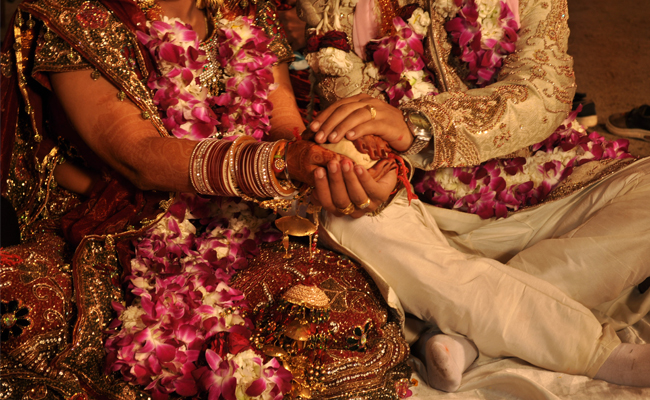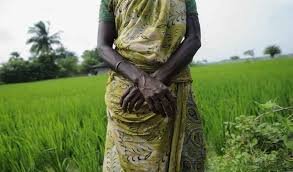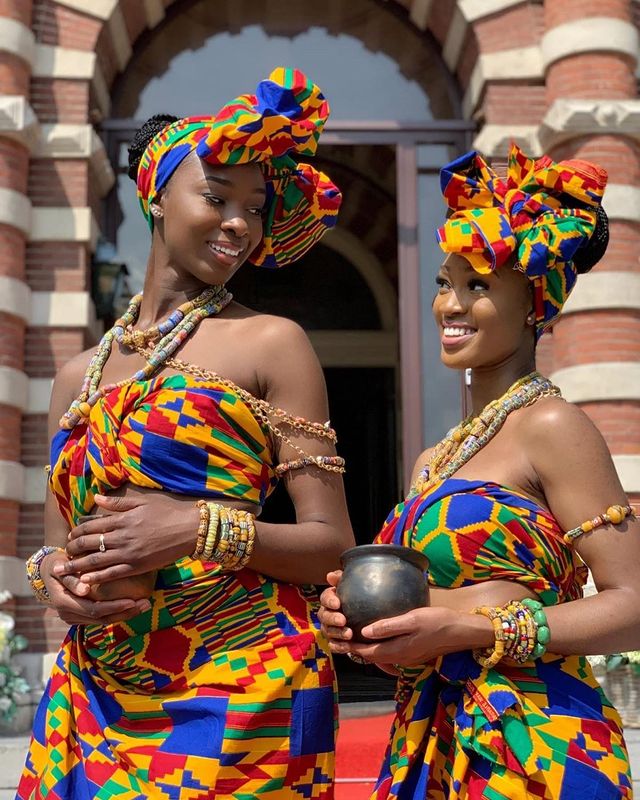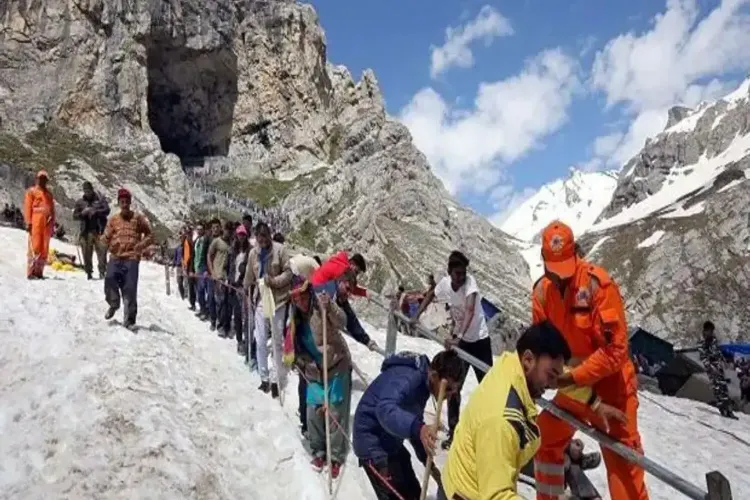Family Structure & Marriage in India: Traditions and Challenges
Family structure and marriage are integral components of Indian culture and society. India is a diverse country with many religions and cultures, and each community has its own unique family structure and marriage practices. In this article, we will explore the traditional and evolving family structure and marriage practices in India.
Traditional Family Structure in India
The traditional family structure in India is the joint family system, which includes multiple generations living under one roof. This structure is still prevalent in many parts of India, although it is becoming less common due to urbanization and modernization.
The joint family system is based on the principle of interdependence, where all members of the family work together to support the family unit. The patriarch or eldest male member of the family is responsible for making decisions and managing the family’s affairs. Women typically hold a subordinate role in the family and are responsible for domestic tasks and child-rearing.
Marriage in India
Marriage is considered one of the most significant events in an Indian’s life. It is a sacred union between two individuals, and it is believed to be a lifelong commitment. The purpose of marriage in India is not only for procreation but also for spiritual and emotional growth.
Arranged marriages are still prevalent in Indian culture, although the practice is becoming less common among younger generations. In an arranged marriage, the families of the bride and groom play a significant role in selecting the spouse. The process involves a series of meetings and negotiations between the families, and the couple has limited say in the decision-making process.
The Indian wedding ceremony is a grand affair and is often celebrated over several days. The ceremony is rich in symbolism and ritual, and it involves the exchange of vows, offerings, and blessings. The bride and groom take seven vows, known as the Saptapadi, which signify their commitment to each other and their shared values.
Evolving Family Structure and Marriage Practices in India
India has undergone significant changes in family structure and marriage practices in recent years. The rise of urbanization, globalization, and modernization has led to the emergence of new family structures and marriage practices.
Nuclear Families
Nuclear families, consisting of a married couple and their children, are becoming more prevalent in urban areas of India. This structure is more common among younger generations who prioritize individualism and autonomy over interdependence and collectivism.
Gender Roles
Gender roles are also evolving in India. Women are increasingly participating in the workforce and seeking higher education, challenging the traditional role of women in the family. The patriarchal system is slowly giving way to more egalitarian relationships, where both partners share household responsibilities and decision-making.
Inter-Caste and Inter-Religious Marriages
Inter-caste and inter-religious marriages are becoming more common in India. In the past, these marriages were considered taboo and were often met with opposition from families and society. However, with increasing education and exposure to different cultures, younger generations are breaking down these barriers and choosing their partners based on love and compatibility, rather than caste or religion.
Love Marriages
Love marriages, where the couple chooses their partner based on love and mutual attraction, are becoming more common in India. In the past, love marriages were considered taboo and were often met with opposition from families and society. However, with increasing education and exposure to different cultures, younger generations are breaking down these barriers and choosing their partners based on their own preferences.
Challenges to Family Structure and Marriage Practices in India
Despite the evolving family structure and marriage practices in India, there are still many challenges that need to be addressed.
Gender Inequality
Gender inequality is a significant challenge in India, and it affects both the traditional and evolving family structures and marriage practices.
![]()





